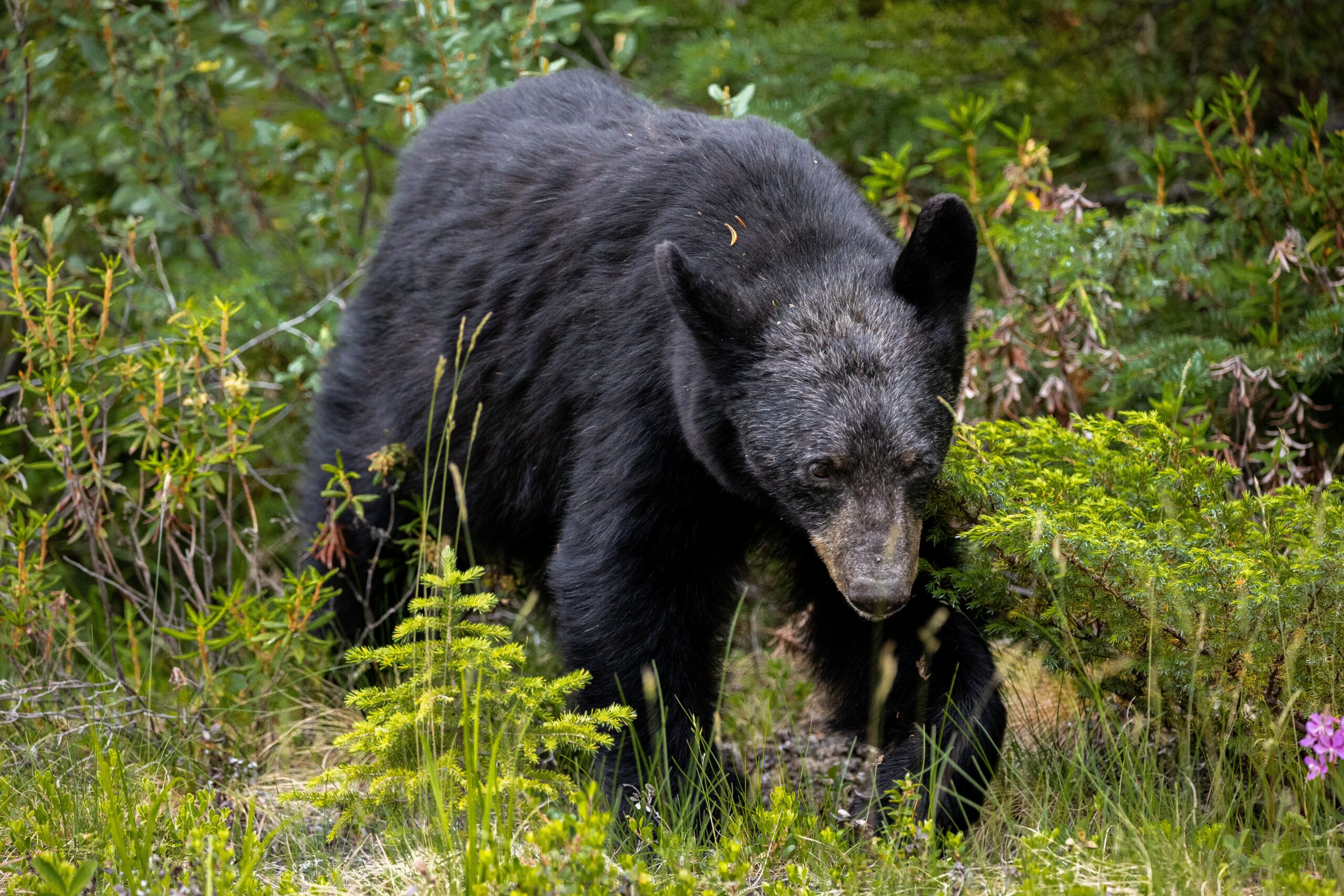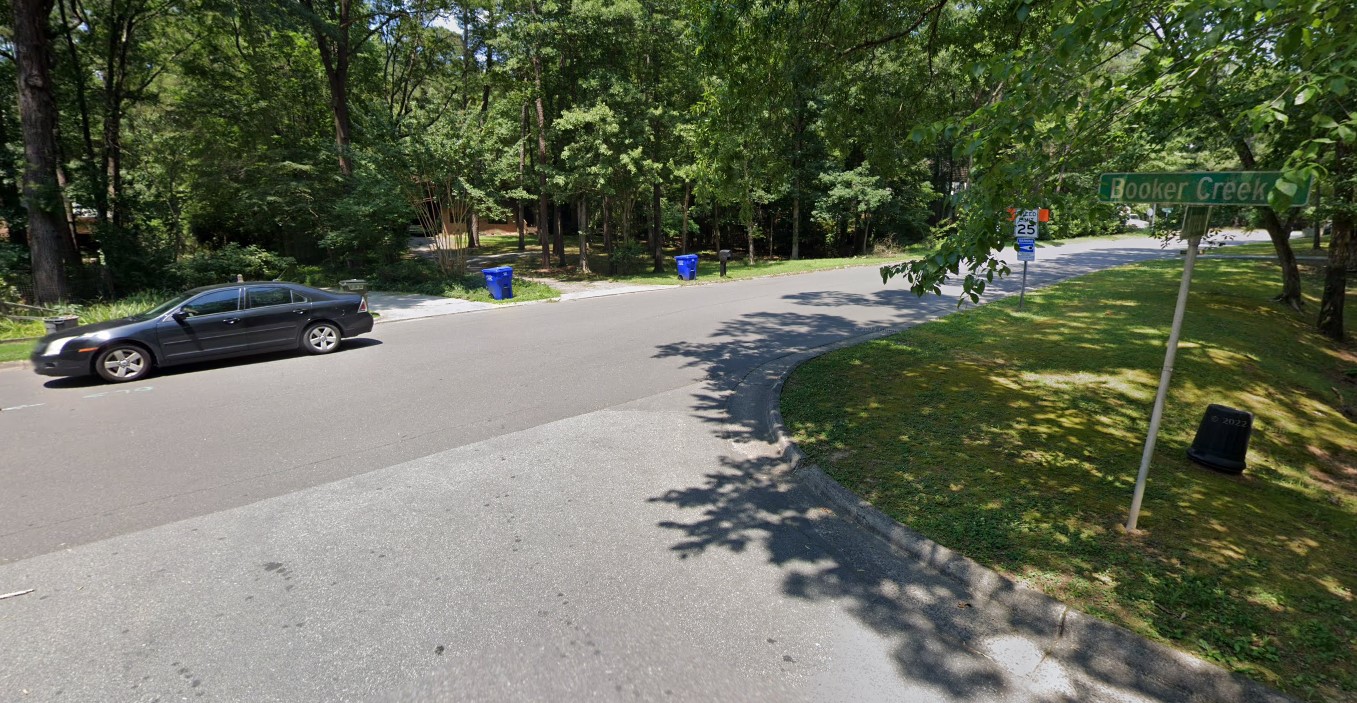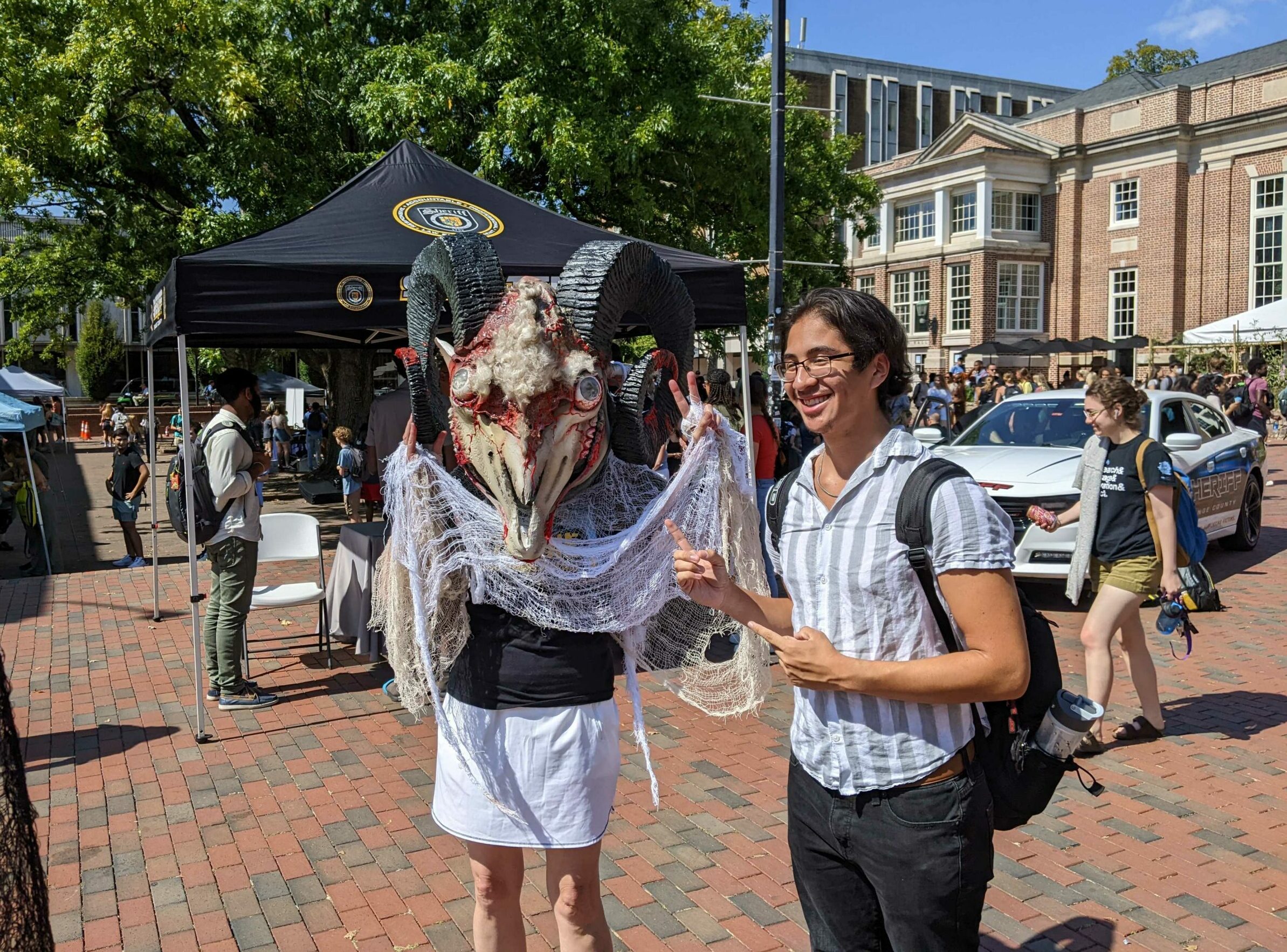With the recent number of black bear sightings throughout Hillsborough, it is important to understand what is causing these bears to behave this way, and what you can do in response.
Head of the Camouflage Coalition Program of the North Carolina Wildlife Federation, Richard Hamilton, has experience in black bear management from his 37 years working with the Wildlife Resource Commission. He says that while these black bears popping up in these areas are strange, it is a normal part of black bear biology.
“What you are seeing here in Orange County is a fairly normal occurrence, although it is an unusual place,” says Hamilton. “About the middle of July, the females run off the two-year-old cubs that they have, they finish nursing them. They run them off in preparation to start another family. It is not unusual for these young bears to move long distances in search of a new home range where they can set up a territory.”
Hamilton also cautions that while these bears are not generally dangerous, they need to be left alone, and they will not become permanent residents of the Hillsborough area.
Bears are not inherently dangerous, especially these young bears,” says Hamilton. “The best advice is not to bother these bears, but to be aware of them. Don’t go up to them, try to pet them, take a picture with them, or anything like that. They are not going to attack you or your pets, and they will move on. They are not going to take up residence in Orange County.”
Hillsborough Police has informed WCHL that there have not yet been any further black bear sightings since the last report.
Anyone who sees a bear should still call 911 immediately.







Comments on Chapelboro are moderated according to our Community Guidelines